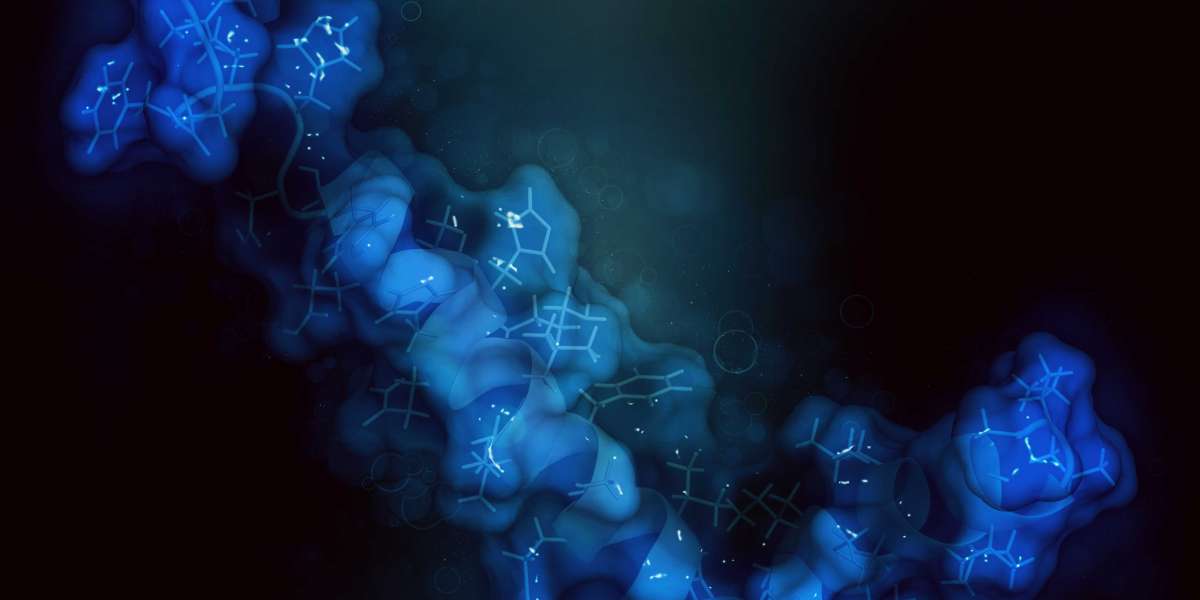Bacillus, a prominent genus within the phylum Bacillota, encompasses a diverse group of Gram-positive, rod-shaped bacteria. With 266 named species to date, Bacillus bacteria offer a wealth of physiological characteristics that make them invaluable in various fields, including medicine, pharmaceuticals, agriculture, and industry. As we advance through the genomic and proteomic era, the potential of Bacillus species continues to expand, positioning them as preferred hosts for the production of novel and improved products.
Taxonomy and Characteristics
Bacillus is characterized by its rod-like shape and Gram-positive cell wall structure. Gram-positive bacteria have a thick peptidoglycan layer, which contributes to their ability to withstand harsh environmental conditions. This resilience allows Bacillus species to thrive in diverse habitats, from soil to extreme environments such as hot springs.
The genus comprises both aerobic and facultatively anaerobic species, exhibiting metabolic flexibility that enables them to utilize a variety of substrates. Many Bacillus species form endospores, tough, dormant structures that allow them to survive in unfavorable conditions. This unique feature is a key factor in their applications across different industries.
Medical and Pharmaceutical Applications
Bacillus species are increasingly valued in the medical field for their ability to produce various metabolites, including antibiotics. For instance, Bacillus subtilis is known for its antimicrobial properties and is used to produce lipopeptides, which are effective against a broad spectrum of pathogens.
Additionally, some Bacillus species contribute to the production of probiotics, beneficial bacteria that support gut health. These probiotics can enhance the immune system, improve digestion, and offer potential therapeutic benefits for various gastrointestinal disorders.
Agricultural Innovations
In agriculture, Bacillus species play a crucial role in sustainable farming practices. They are utilized as biopesticides and biofertilizers, promoting plant growth and protecting crops from diseases. Bacillus thuringiensis is perhaps the most well-known species in this context, widely used as a biological insecticide. Its ability to produce toxins specifically harmful to certain insects allows for effective pest control without the negative impacts of chemical pesticides.
The use of Bacillus as a biofertilizer also enhances soil fertility and promotes healthier plant development. These applications align with the growing demand for environmentally friendly agricultural practices.
Industrial Applications
The industrial sector benefits significantly from the enzymatic capabilities of Bacillus species. These bacteria produce various enzymes that are essential in processes such as food production, bioremediation, and waste management. For example, amylases from Bacillus are used in the baking and brewing industries to break down starches into sugars, enhancing fermentation processes.
Moreover, Bacillus species are being explored for their potential in bioremediation efforts, where they can help degrade pollutants in contaminated environments. Their ability to metabolize various compounds presents opportunities for cleaner industrial processes and environmental restoration.
Future Prospects in Genomic and Proteomic Research
As science delves deeper into genomic and proteomic research, the potential of Bacillus species is set to expand even further. Advances in genetic engineering and synthetic biology may enable the manipulation of these bacteria to enhance their natural capabilities or even introduce novel traits. This could lead to the development of new antibiotics, improved agricultural products, and innovative industrial enzymes.
The adaptability of Bacillus species, combined with their rich genetic diversity, positions them as frontrunners in the search for sustainable and effective solutions across various domains.
Conclusion
In summary, Bacillus is a remarkable genus of bacteria that exhibits a wide range of physiologic traits and metabolic capabilities. From medical applications to agricultural innovations and industrial processes, the exploitation of these bacteria is vast and varied. As we continue to explore their genomic and proteomic potential, Bacillus species are poised to play a pivotal role in addressing some of the most pressing challenges in health, agriculture, and industry, paving the way for a sustainable future.








